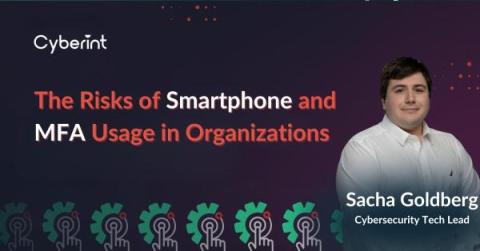With Forseti, Spotify and Google release GCP security tools to open source community
Being able to secure your cloud resources at scale is important for all Google Cloud Platform users. To help ensure the security of GCP resources, you need to have the right tools and processes in place. Spotify and Google Cloud worked together to develop innovative security tools that help organizations protect GCP projects, and have made them available in an open source community called Forseti Security. Forseti is now open to all GCP users!





